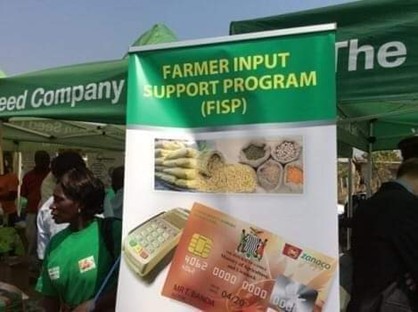In both rich and developing nations, particularly those in the Sub-Saharan region, input subsidies are one of the approaches used to enhance agricultural productivity, but just how effective are these subsidies? This is the question that a new project called “Assessing the Role of FISP in Enhancing Agricultural Productivity, and Climate Resilience aims to address.
The project led by Associate Professor in the Department of Economics, Stefania Lovo and PhD student in Economics, Albert Chongo, has recently received funds from the International Growth Centre (IGC) to conduct an evaluation of the Farm Input Subsidy Programme (FISP).
The project aims to conduct a comprehensive evaluation of the FISP in Zambia, focusing on its impact on agricultural productivity, climate resilience, and pest management. Since its introduction in 2002, FISP has been a critical element of Zambia’s agricultural sector, with goals of boosting smallholder farmers’ income, enhancing food security, and alleviating poverty. However, despite its expansion and significance, challenges such as input delivery delays, inequitable distribution, and financial sustainability have raised concerns about its effectiveness. The project will evaluate whether FISP has effectively reached its intended beneficiaries and how it has influenced smallholder farmers’ ability to adapt to climate change and manage pest infestations.
It is hoped that the key findings can help guide the reform processes in the allocation of resources, improving targeting strategies, and tailor policies to meet the needs of diverse communities across the country. Additionally, the study will explore regional differences, highlighting how geographic variations influence the effectiveness and challenges of FISP in different areas of Zambia.

“I look forward to beginning this project, especially engaging with policymakers, as it presents an invaluable opportunity to bridge research and policy. I hope that collaborating with local stakeholders will ensure our findings contribute meaningfully to policy discussions and help smallholder farmers in Zambia better navigate climate-related challenges,” said Lovo
